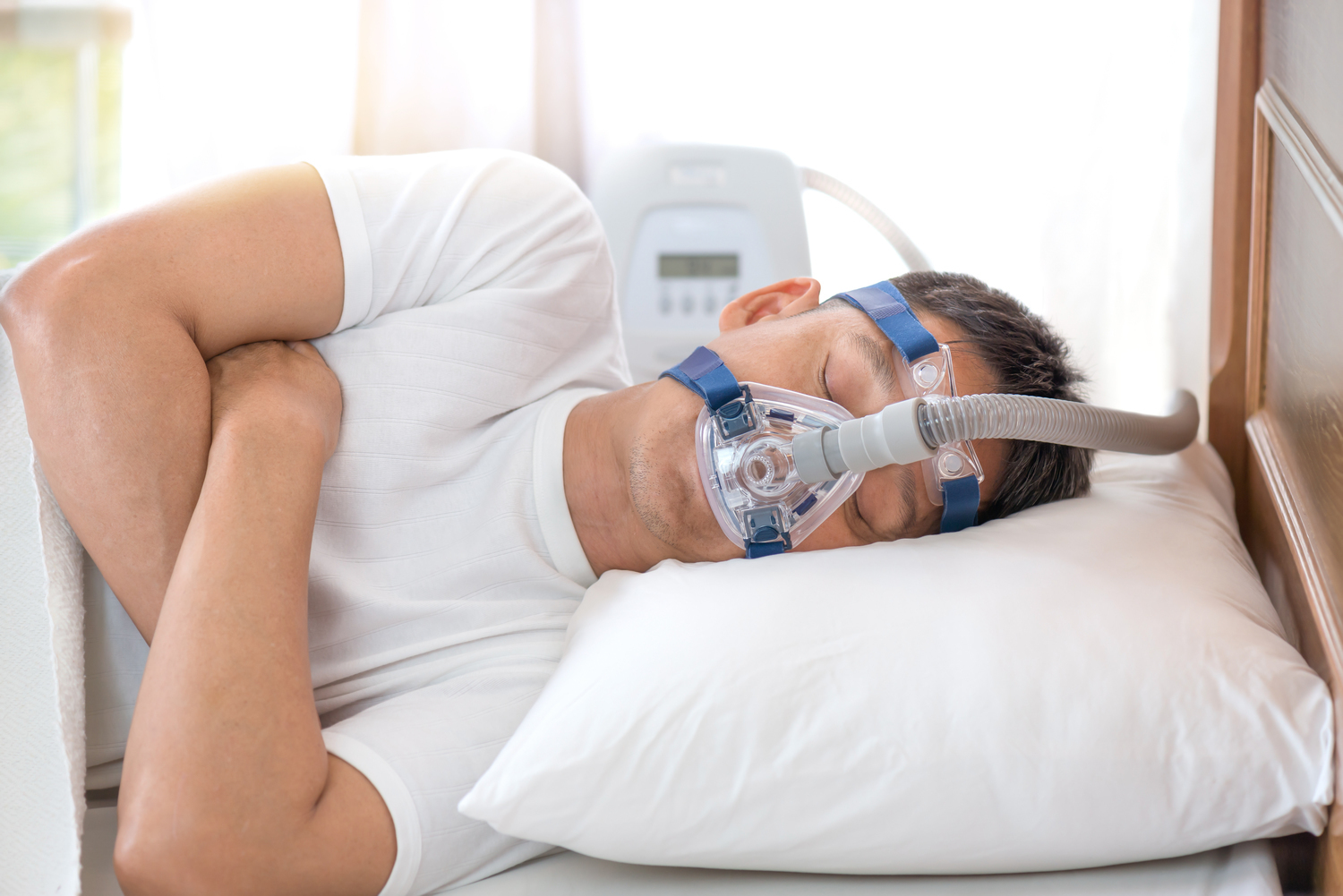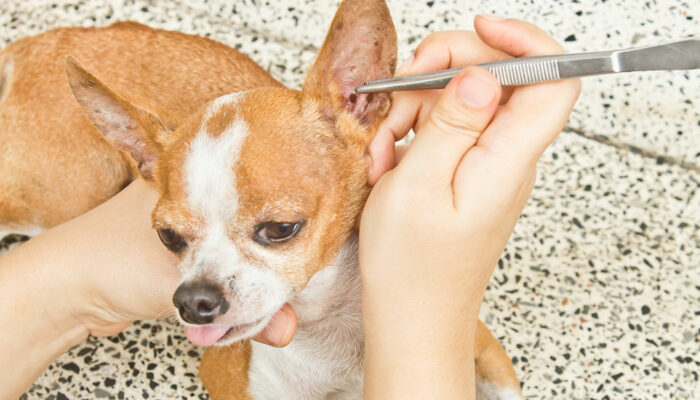
Symptoms of Sleep Apnea According to Age
While sleep apnea is now considered a common disorder, it can potentially prove to be a serious one. This is a situation wherein the breath is interrupted repeatedly during sleep, and can even lead to type 2 diabetes and heart diseases. The symptoms of sleep apnea vary based on the age of the person. They can be broadly categorized as sleep apnea in infants, toddlers, and adults.
Sleep apnea in infants
1. Breathing
There is a sudden pause in the breathing pattern, which is often accompanied by restlessness. The movement of the spine generally has a rhythm, but it’s irregular in infants suffering from sleep apnea.
2. General disposition
The infant may end up sleeping during inappropriate hours. In addition, they may seem cranky or frustrated. There is also a tendency to sweat profusely. Coughing and choking, too, may seem perennial in infants battling sleep apnea.
3. Growth
Growth—in terms of both height and weight—in infants with this condition is much slower as compared to others.
Sleep apnea in toddlers
It is imperative to carefully note the following symptoms, as untreated sleep apnea in toddlers may lead to behavioral and mental issues that are quite similar to those of attention deficit hyperactivity disorder (ADHD). If untreated, the child will have a poor attention span and difficulty learning, and they might also perform poorly at school. Some of the early warning signs of sleep apnea in toddlers are:
1. Snoring
It is believed that around 10 to 20 percent of children who snore may have sleep apnea, and it is also further estimated that around three percent of them do end up having the condition.
2. Breathing
A child with sleep apnea largely uses their mouth to breathe. The typical pausing of the breath during sleep can also be noticed. Additionally, there is frequent bedwetting, and the child may sleep excessively during the day.
Sleep apnea in adults
1. Snoring
One of the tell-tale symptoms of sleep apnea in adults is snoring. It is loud and also deteriorates quality of sleep.
2. Breathing
You suddenly wake up gasping for air, which usually occurs due to shortness of breath. When you wake up during such episodes, you find yourself having a dry mouth or even sore throat.
3. Sleep
When it comes to sleep, there are two possibilities: insomnia or hypersomnia (feeling sleepy for the most part of the day). In addition, you may wake up in the middle of the night with a lingering headache.
4. Attention and focus
Even while staying awake, you may have problems focusing on any given task, and you may also have issues with memory.
5. Mood swings
You may experience erratic mood changes and are irritated most of the time.
6. Body weight
You find yourself falling in the risk category of this condition, which includes being overweight or obese.
Your sexual drive may go down and there is fatigue involved in the smallest of tasks that you carry out.
No matter the age, when left untreated, sleep apnea can lead to multiple severe health complications. If you experience any of these symptoms, then ensure to book an appointment with a medical expert right away.



